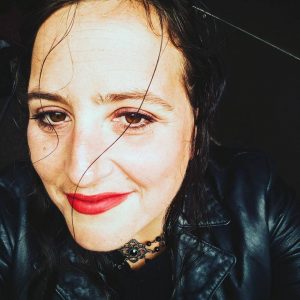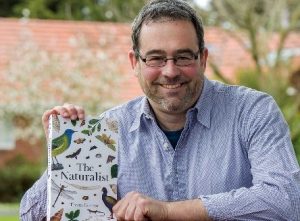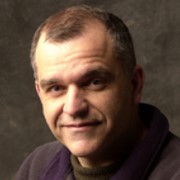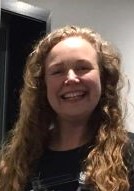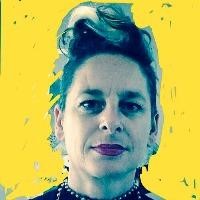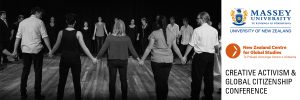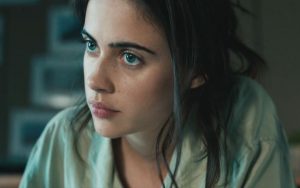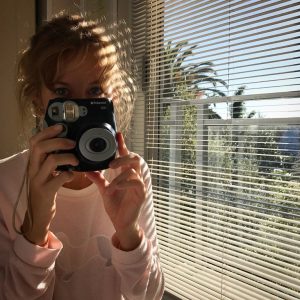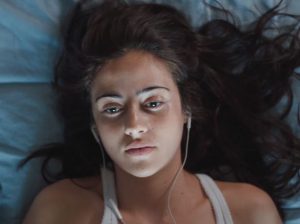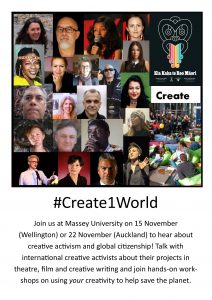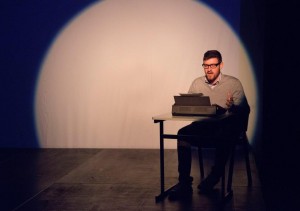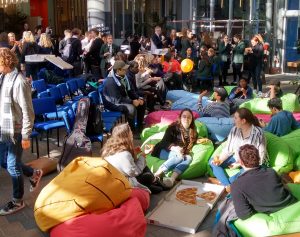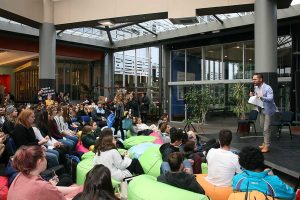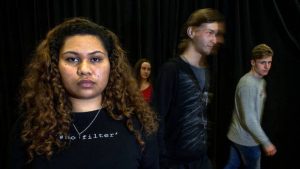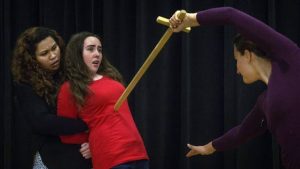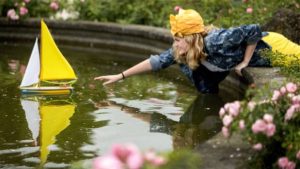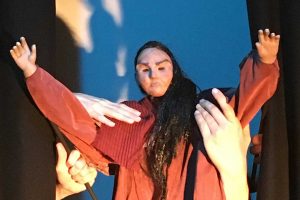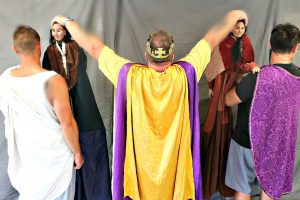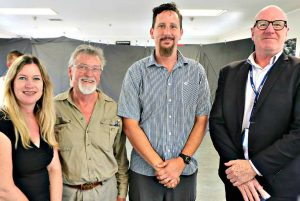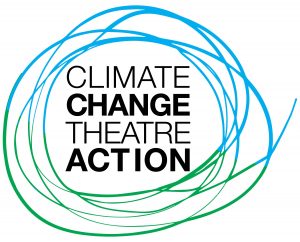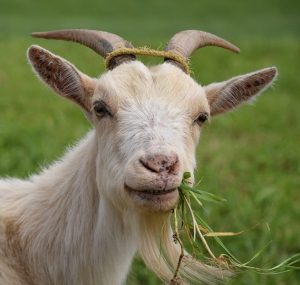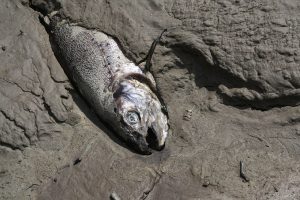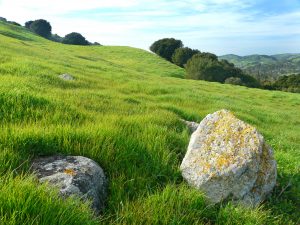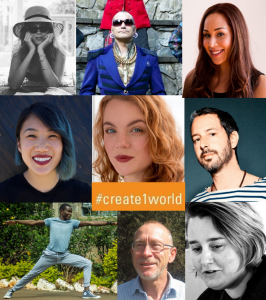 Create1World 2018 – Wellington Afternoon Workshop Options
Create1World 2018 – Wellington Afternoon Workshop Options
If you are attending Create1World Wellington, you will be aware that after we have enjoyed our amazing panel, and seen the youth finalists, you get to be hands-on yourself in afternoon workshops. To ensure you don’t miss out, please pre-select one of the workshop options below by clicking on the link below its description, then providing your name. Please note, workshops have size limits – if your preferred workshop is full, you will need to return to this page and select another option by clicking a different link. If you have any questions please email us on cre8oneworld@gmail.com We look forward to seeing you at Create1World Wellington on November 15! On the day, we will have helpers on hand to take you to your workshop room.
| Workshop Option 1: Telling Stories through Theatre.
Presented by: Rachel Lenart. Rachel is an award winning theatre director, most recently seen at Circa theatre with ‘Modern Girls In Bed’, by Cherie Jacobson and Alex Lodge and ‘Constellations’, by Nick Payne. She teaches theatre studies at Massey University with a focus on production training and dramaturgy. This will be a fun, interactive workshop that will explore techniques of physical storytelling. You will be involved in developing narrative ideas and discovering how theatre can give a simple story new meaning and depth. No previous experience of theatre is required. To register for Theatre with Rachel, click here: https://goo.gl/forms/90a7WqZN9rXMp0Kq2 |
| Workshop Option 2: Creative Writing: Your heart is your gate.
Presented by: Massey University Senior Lecturer in Creative Writing, Dr Thom Conroy. Thom is the author of the novels The Naturalist and The Salted Air. He is the editor of a collection of essays, Home. His short fiction has been recognised by Best American Short Stories 2012 and has won other awards. In 2013, he received a Vice-Chancellor’s Award for Sustained Excellence in Teaching. He has extensive experience supervising Master of Creative Writing and PhD students in fiction. Looking inward with clarity and honesty can enhance your capacity to look outward as a compassionate agent of change. In this hands-on creative writing workshop, Thom Conroy will facilitate a process of creative writing and discussion designed to link the concerns and experiences of participants with creating the change they would like to see in the world. To register for Creative Writing with Thom, click here: https://goo.gl/forms/7zROmS3P4QKhFW1n1 |
| Workshop Option 3: How to shoot an impactful interview.
Presented by: Massey University media studies lecturer Costa Botes (multi-award-winning documentary film-maker, who has work that has qualified to be considered at the Oscars!). Film is a visual medium. Words are not enough. The truth needs creative help sometimes. In documentaries, information is often delivered via a talking head. How that information is received can be influenced by technical and stylistic choices made by the film-maker. Elements like camera angle, camera height, lens size, depth of field, lighting, and subject eye-line can all affect emotional impact. In this workshop, participants will be shown via practical demonstration how these key elements can be consciously employed and controlled, then get the chance to try them out themselves. To sign up for Impactful Interviews with Costa, click here: https://goo.gl/forms/krmERW03tzJ5wGcG2 |
| Workshop Option 4: Feminist Media Practice.
Presented by: Dr Claire Henry. Claire teaches screenwriting and filmmaking in Massey’s digital media production courses. She has written and directed several short films screened in film festivals across Europe and Australia, and in New York. As a film theorist, she also has expertise in genre, national cinema, and the cultural politics and ethics of screen violence. From the Guerrilla Girls to Who Needs Feminism?, be inspired by the history of feminist media-based activism in zines, posters, billboards, photography, and social media campaigns. Explore how mainstream media play a role in sharing, reinforcing and policing social ideas about gender, and how you can use media as an artistic catalyst for social change. In this workshop, we’ll explore – and attack! – sexism with creative media-based interventions. To register for Feminist Media Practice with Claire, click here: https://goo.gl/forms/ltAFNj7mb38bxB9I3 |
| Workshop Option 5: Protest Through Performance Poetry.
Presented by: Associate Professor Elspeth Tilley. Elspeth is an award-winning playwright and passionate advocate of the arts for social change (she’s also your Create1World conference convenor). She was the storytelling facilitator for Te Hā Tangata human library, and runs a fortnightly community-based creative writing and performance poetry workshop at Te Whare Hupa with Te Hā Tangata graduates. In this practical workshop you will build confidence, and learn a combination of written and oral skills to craft a compelling piece of performance poetry. Last but not least, you will get to feel the unrivalled joy of freeing your inner voice for change, and letting it loose in a supportive environment. To register for Performance Poetry with Elspeth, click here: https://goo.gl/forms/9HBlNICTyafUP48c2 |
| Workshop Option 6: Wikipedia Inclusiveness Editathon.
(Size limit 15.) Room: Wellington Campus Library Room 5B18. Presented by: Dr Elena Maydell and Barbara Scott. Elena has published widely on cultural and racial stereotypes in the New Zealand media, as well as on how these stereotypes translate into barriers for minority groups. Barbara is your regional Massey In the worldwide Wikipedia Editor Survey (2011) of all the Wikipedias, 91% of respondents were male, and the greatest number, or plurality, of editors resided in the United States. We also know that Wikipedia editors tend to be those with sustained access to technology and the internet, and with sufficient income to create ‘disposable’ (leisure) time to spend editing Wikipedia. Your average Wikipedia editor is most certainly not a woman of colour working three jobs to achieve a living wage. This of course skews the information that is available on Wikipedia, because what is included is what is perceived to be of relevance by the majority of editors. This “digital blind spot” particularly manifests itself in a gender gap, which makes it difficult for women – and in our case we are interested in female artists and activists — to find their own predecessors. As editor-activist Sierra Carlson has commented, “the danger is that if information is not in the database, people may conclude that the missing information is not notable or valuable”. Editing Wikipedia to add notable women and their achievements thus becomes of itself an act of protest and inclusiveness. In this workshop, you will learn some basic tools for Wikipedia editing, and be provided with resources about notable women whose achievements are absent or partial on Wikipedia. You will work in teams to start to change that situation. To register for Wikipedia Editathon with Elena and Barbara, click here: https://goo.gl/forms/JtViEQQlZiTOzsQS2 |
